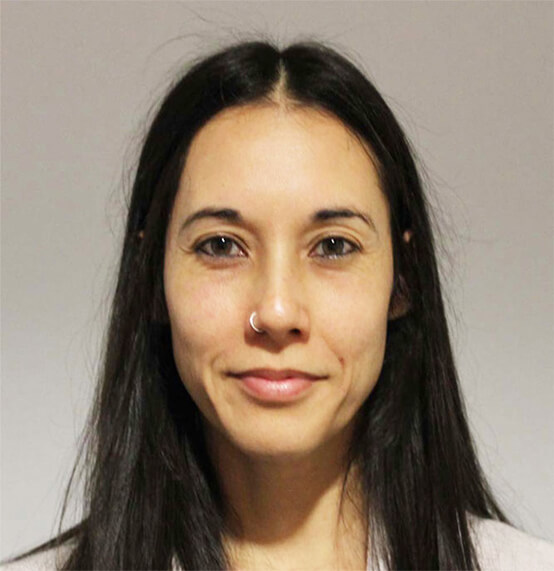Learning difficulties have a lifelong impact. In the job, in social situations, and in our homes, the challenges that made class work so difficult as a youngster resurface. Working on paperwork and reports, paying bills, and assisting our children with their homework can be a burden. Perhaps you were diagnosed with a learning problem as a child and received special education services. Or maybe you have struggled with learning challenges and have never been able to pinpoint the source of the issue. There might be a point that you have mastered a number of skills that make life easier as an adult. You’ve found out how to get and keep track of the information you need throughout the years. You’ve devised methods for staying organized. Through this blog post, you will find out more about support services for people with disabilities emphasizing support services for adults with learning disabilities. We will introduce more ways to succeed at work, in your relationships, and in your community.
Learning problems are frequently passed down through families. Other disabilities, such as intellectual disabilities, autism, deafness, blindness, and behavioral disorders, should not be confused with them. There are no learning difficulties in any of these situations.

Learning problems are often undiagnosed because they are not perceptible. It seems to be considerably more difficult to diagnose a learning problem because the severity and characteristics vary. With this, support services for adults with learning disabilities is a need.
Learning difficulties come in degrees of severity and can prevent you from learning and developing one or more of the following skills:
- written language (e.g., spelling, writing fluency, and written expression); and
- mathematics (e.g., number sense, computation, math fact fluency, and problem solving).
- oral language (e.g., listening, speaking, understanding);
- reading (e.g., phonetic knowledge, decoding, reading fluency, word recognition, and comprehension);
In dealing with support services for adults with learning disabilities, you might have to search for the following:
- Support at home with day-to-day tasks
- Support in learning new skills and becoming more independent
- Support in finding more suitable accommodation
- Support in taking up education and employment opportunities
- Support to be more involved in social activities in the local area
- Support for the family or carers of the person with a learning disability
- Support to claim the right benefits
- Support in making important decisions, and ensuring that other people understand what the person with a learning disability wants
- Support in visiting a GP or accessing other health services
- Support to stay healthy
- Emotional support
- Support for anyone looking after the person with a learning disability, which might include a short break away from home for the person with a learning disability
- Advice on different types of learning disabilities, and on managing any challenging behavior which the person with a learning disability might display
Encouraging their strengths, knowing their shortcomings, understanding the educational system, collaborating with professionals, and learning about solutions for dealing with unique issues can all help children with learning disabilities achieve success.
Learning problems are not curable or reversible as children grow into adults; they are a lifelong concern. Some people aren’t aware of their learning limitations until they are adults. Children and adults with learning difficulties, on the other hand, can succeed in school and in life with the necessary support and interventions.
Most importantly, if you or your child has a learning difficulty, don’t wait to seek help and take action!














